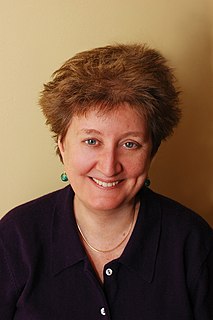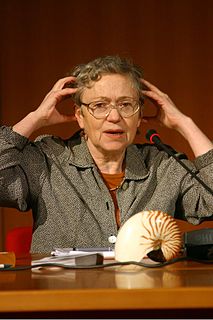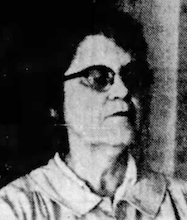A Quote by Kate Millett
The care of children ..is infinitely better left to the best trained practitioners of both sexes who have chosen it as a vocation...[This] would further undermine family structure while contributing to the freedom of women.
Related Quotes
Within a social structure, a familial structure, or a cultural structure of various kinds, there is a substitute for actual freedom. I mean, actual freedom is a very abstract notion; we have no idea what it means, except within a context - freedom to do what? So within these social structures, freedom becomes defined as power, your ability to make choices, and the power relationship within a family, any family.
Liberal hostility to the traditional family helped to undermine centuries of accumulated wisdom and experience about what was best for children and adults. Far from benefiting only men, marriage confers enormous advantages on women and children as well - a fact that has been thrown into sharp relief by its breakdown over the past forty years.
In 1979, just after I became governor, I asked Hillary to chair a rural health committee to help expand health care to isolated farm and mountain areas. They recommended to do that partly by deploying trained nurse practitioners in places with no doctors to provide primary care they were trained to provide.
In the United States, the average is two children per family, while in Africa it is five children per family. On the surface, the statistic seems to indicate that Africans are having way too many kids and are taxing the Earth's resources, while American kids are born into families who are able to take care of them. However, the average American child consumes roughly the same resources as fifteen African children. So when an American family says they only have two children, they are actually consuming the resources of an African family of thirty children!
I think women have the right to consult their own wishes, needs, and capacities and produce only loved, wanted children they can care for - or even no children at all. I think we would all be better off as a society if we respected women's ability to make these decisions for themselves and concentrated on caring well for the born.
Not only my parents but the whole family was involved in the resistance - my grandfather and grandmother, my uncles and aunts, my cousings of both sexes. So ever so often the police came and took them away, indiscriminately. Well, the fact that they arrested both my father and mother, both my grandfather and grandmother, both an uncle and an aunt, made me accustomed to looking on men and women with the same eyes, on an absolute plane of equality.
Many children in the foster care system are often in the midst of a family challenge. Marcus, my husband and I sought to assist families during difficult times. We aren't perfect people, nor are we a perfect family, but these children didn't expect us to be either. They needed a loving home and care, and we tried our best every single day.
Traditionally in American society, men have been trained for both competition and teamwork through sports, while women have been reared to merge their welfare with that of the family, with fewer opportunities for either independence or other team identifications, and fewer challenges to direct competition. In effect, women have been circumscribed within that unit where the benefit of one is most easily believed to be the benefit of all.
To the "masculists" of both sexes, "femininity" implies all that men have built into the female image in the past few centuries: weakness, imbecility, dependence, masochism, unreliability, and a certain "babydoll" sexuality that is actually only a projection of male dreams. To the "feminist" of both sexes, femininity is synonymous with the eternal female principle, connoting strength, integrity, wisdom, justice, dependability, and a psychic power foreign and therefore dangerous to the plodding masculists of both sexes.






































